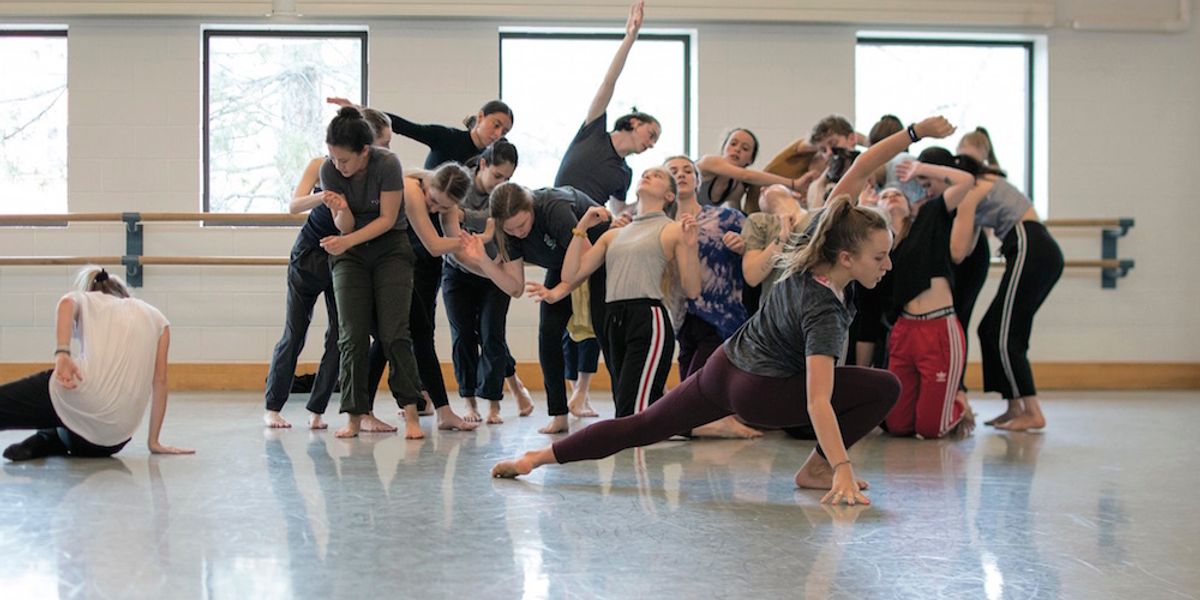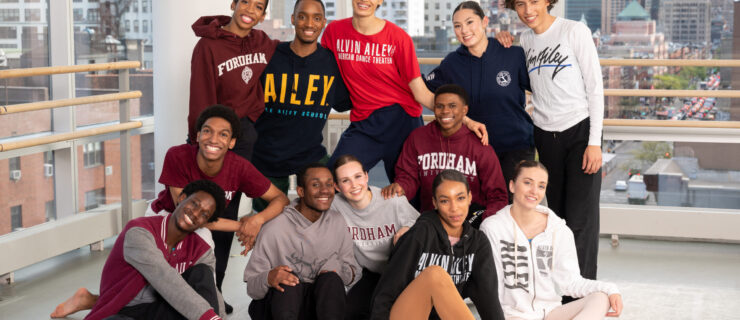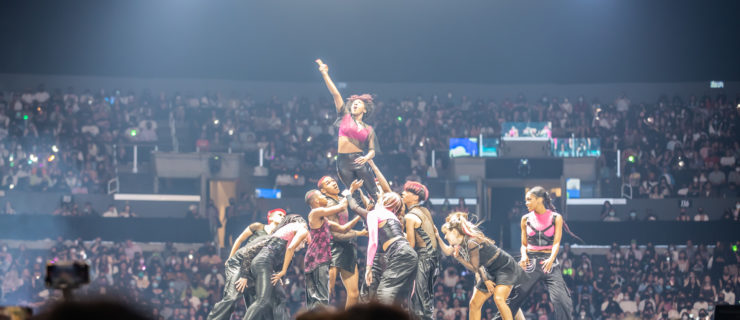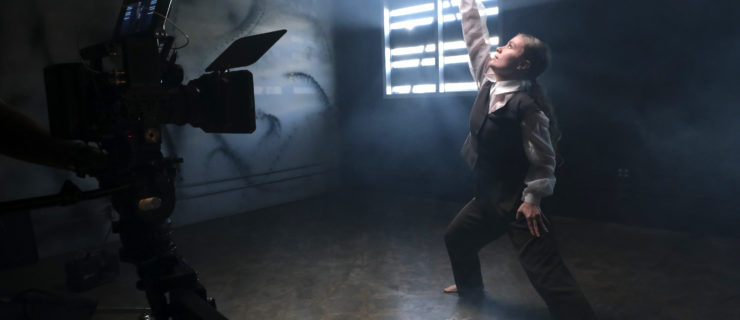Should You Minor in Dance? It's a Major Question.
Dance has always been a huge part of your life. But now that you’re about to head to college, you might be wondering: In order to feel fulfilled and successful, do you need to major in dance? The answer, of course, depends on the person. But for some, a dance minor is the best option. We asked a group of experts to answer all your questions about minoring in dance.
How do dance minor programs differ from dance major programs?
Different universities have different approaches to dance minors, which is why it’s important to do your research. But frequently, minors allow students more flexibility when it comes to course selection. “Our minor is pretty open, with the majority of the curriculum available for students to pick and choose based on their interests, and only two required courses,” says Louis Kavouras, chair of the dance department at the University of Nevada, Las Vegas. On the other hand, dance minors may not have as many performance opportunities as dance majors.
Luc Vanier, director of dance at the University of Utah, recommends visiting the schools you’re interested in and seeing if you can attend classes so that you can fully comprehend the type of training you’ll have as a dance major versus a dance minor. “Don’t just visit the website. Go see the program, and ask questions—especially of current students,” Vanier says.

UNLV student Malik Gray performing (photo by Kavouras, courtesy UNLV)
As a dance minor, will my training be rigorous enough?
Again, this will depend on the school. But since most minor programs have a relatively light course load, dance minors might have to be more proactive than dance majors about maintaining their technique. “I took one to two movement classes each semester to fulfill the dance minor core requirements,” says Courtney Ngai, who recently graduated from Arizona State University with a minor in dance. “But prior to college, I had trained pre-professionally for 15+ hours each week.”
Ngai found she had to be more disciplined during her limited time in the studio. “If you’re aspiring to join a professional dance company, focus on the hours of training you’ll need and see if that aligns with the dance minor at the specific college you’re looking at attending,” she says. If you appreciate the flexibility of the minor but think you’ll need more studio time than it requires, you can look into additional dance classes—inside or outside of the dance department.
Could a dance minor prepare me for a professional dance career down the road?
It certainly could. Casey Fenton, an Allegheny College alum who double-majored in neuroscience and psychology and minored in dance, has gone on to dance professionally in NYC and Las Vegas. She attributes much of her success in the industry to her dance minor. “The style of ballroom I learned in my minor classes is becoming increasingly popular in the world of dance, yet it’s not taught in most conventional dance studios,” she says. “Learning those rhythm, hip, and footwork foundations in college really helped me stand out in my auditions.”
But Vanier says it’s important to be realistic about your expectations as a dance minor. Though some minors do go on to pursue careers in dance, “they tend to be the exception and not the rule,” he says.

UNLV student Cosette Richards performing (photo by Kavouras, courtesy UNLV)
What if I eventually decide I want to major in dance—will I be able to switch over from the minor?
Most colleges and universities are willing to work with students who decide they want to make a change in their major or minor. In dance departments, switching from minor to major might involve an audition. “At the University of Utah, the same requirements apply to a dance minor switching to a dance major as to an incoming freshman who wants to major in dance—although if you’ve taken classes from some of the dance faculty members, the audition might be waived,” Vanier says. Ultimately, a switch would need to be discussed with the faculty at your specific school.
I have a strong academic interest. Should I major in that and minor in dance, or should I double-major?
Yes, double majors are viewed as “experts” in both of their fields of study, which can be an advantage once they begin looking for jobs. But over the years, collegiate dance programs have become increasingly rigorous, making double-majoring more time consuming. A double major might even require a few more semesters to complete than a major and a minor. “A dance minor is a great option for someone who has an academic area they want to pursue but who still wants to hold on to the dancing that they’ve been doing their whole life,” Kavouras says.




